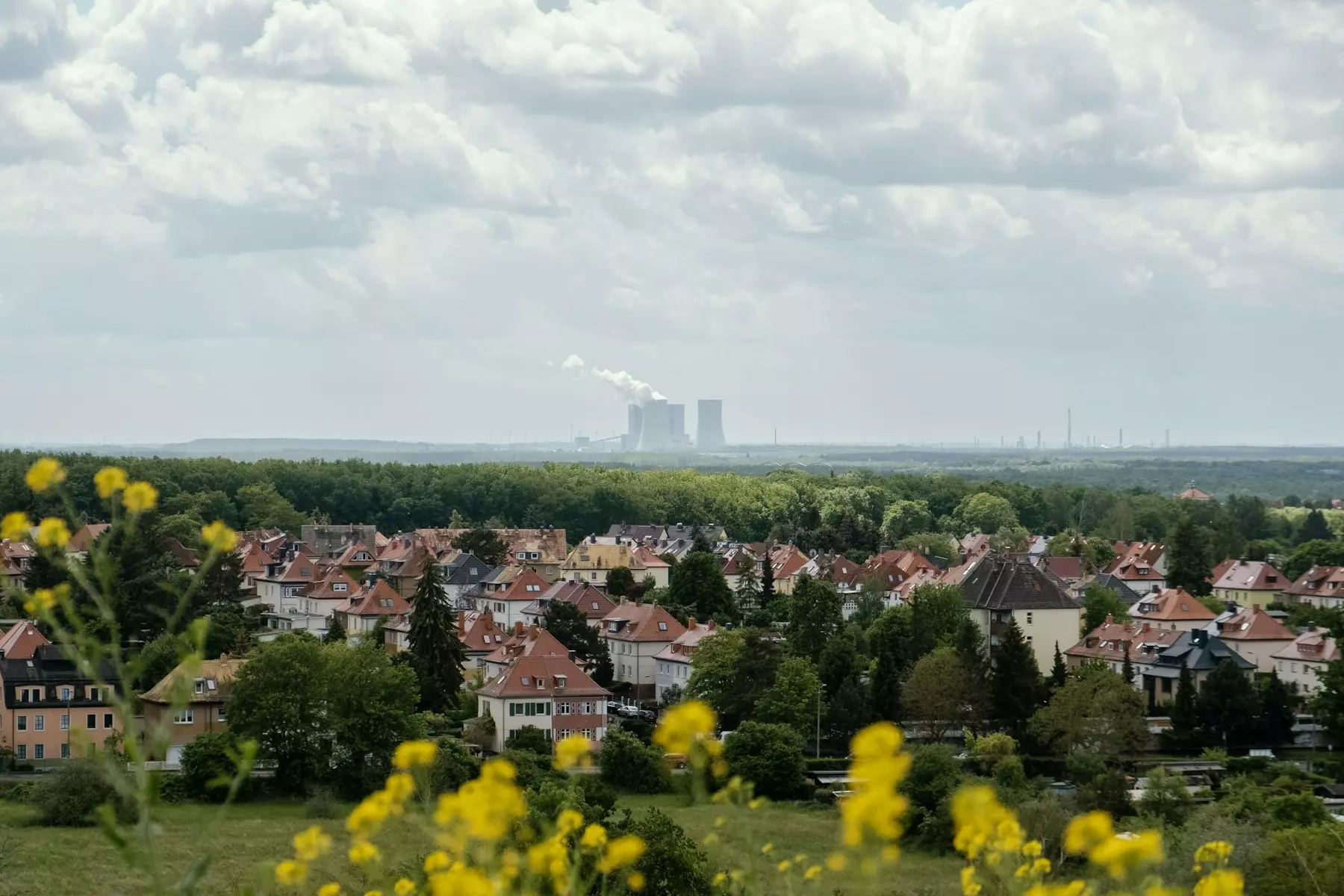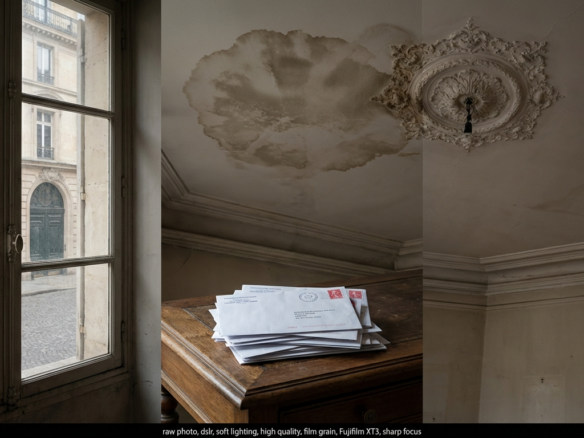Germany’s real estate market downturn has created a ripple effect that’s now severely impacting pension funds across the country. As property values continue their steep decline, institutional investors who placed significant bets on German real estate are facing substantial losses that threaten retirement savings for millions of workers.
Get 50% OFF!
Subscribe to our newsletter and enjoy a 50% discount on all listing packages, no strings attached!

German Property Market Collapse Shakes Pension Funds
The German property market has experienced one of its most dramatic downturns in decades, with commercial and residential real estate values plummeting by double-digit percentages across major metropolitan areas. This collapse has caught many institutional investors off guard, particularly pension funds that had allocated substantial portions of their portfolios to German real estate investments during the previous decade’s boom years.
Pension funds across Europe and North America had viewed German property as a stable, long-term investment vehicle that could provide steady returns while protecting against inflation. However, rising interest rates, economic uncertainty, and shifting demographics have fundamentally altered the landscape, leaving these institutional investors exposed to significant losses that are now filtering through to retirement account valuations.
Private Credit Losses Mount as Real Estate Plunges
Private credit investments tied to German real estate developments have become particularly problematic for pension funds, as many loans secured against property assets are now underwater. These alternative investments, which were marketed as providing higher yields than traditional bonds, have instead become sources of substantial write-downs as borrowers struggle to service debt on properties worth significantly less than their purchase prices.
The interconnected nature of private credit and real estate markets has amplified losses beyond what many risk management models predicted. Pension funds that diversified into private credit vehicles backed by German property are discovering that their supposedly uncorrelated investments are moving in lockstep with direct real estate holdings, eliminating the diversification benefits they had counted on to protect member savings.
Retirement Savings Under Pressure from Property Bets
Workers approaching retirement are beginning to see the impact of these property-related losses reflected in their pension account statements, with some funds reporting negative returns for consecutive quarters. The timing of these losses is particularly concerning for older workers who have limited time to recover from investment setbacks before they begin drawing on their retirement savings.
Younger pension fund members face a different challenge, as their funds may need years or even decades to recover from current losses, potentially requiring increased contribution rates or reduced benefit expectations. The psychological impact of seeing retirement savings decline is already prompting some workers to reconsider their retirement planning strategies and seek additional sources of income security outside their employer-sponsored pension plans.
Fund Managers Scramble to Limit Investment Damage
Pension fund managers are implementing various strategies to contain losses, including marking down property values more aggressively to reflect current market conditions and reducing exposure to additional real estate investments. Some funds are exploring distressed asset sales, though finding buyers in the current market environment has proven challenging, often requiring further price reductions that compound existing losses.
Risk management protocols are being overhauled at many institutions, with boards demanding more conservative investment approaches and enhanced stress testing of portfolio allocations. Fund managers are also increasing communication with pension plan members, providing more frequent updates about market conditions and the steps being taken to protect long-term retirement security despite current headwinds.
Recovery Timeline Uncertain for Affected Portfolios
Market analysts suggest that a full recovery of German property values could take several years, depending on broader economic conditions and the resolution of structural issues affecting the real estate sector. Pension funds with significant German property exposure are preparing members for an extended period of volatility, with recovery timelines highly dependent on factors including interest rate movements, economic growth, and demographic trends.
The uncertainty surrounding recovery timelines is forcing pension fund trustees to balance the potential for long-term value recovery against the immediate need to protect member interests. Some funds are considering partial exits from German real estate investments at current depressed valuations, accepting permanent losses in exchange for redeploying capital into sectors with clearer recovery prospects and more predictable return profiles.
The German property crash serves as a stark reminder of how concentrated geographic and sector investments can impact retirement security. While pension funds work to navigate these challenging conditions, the situation highlights the importance of truly diversified investment strategies and robust risk management practices in protecting long-term retirement savings from market volatility.





Join The Discussion